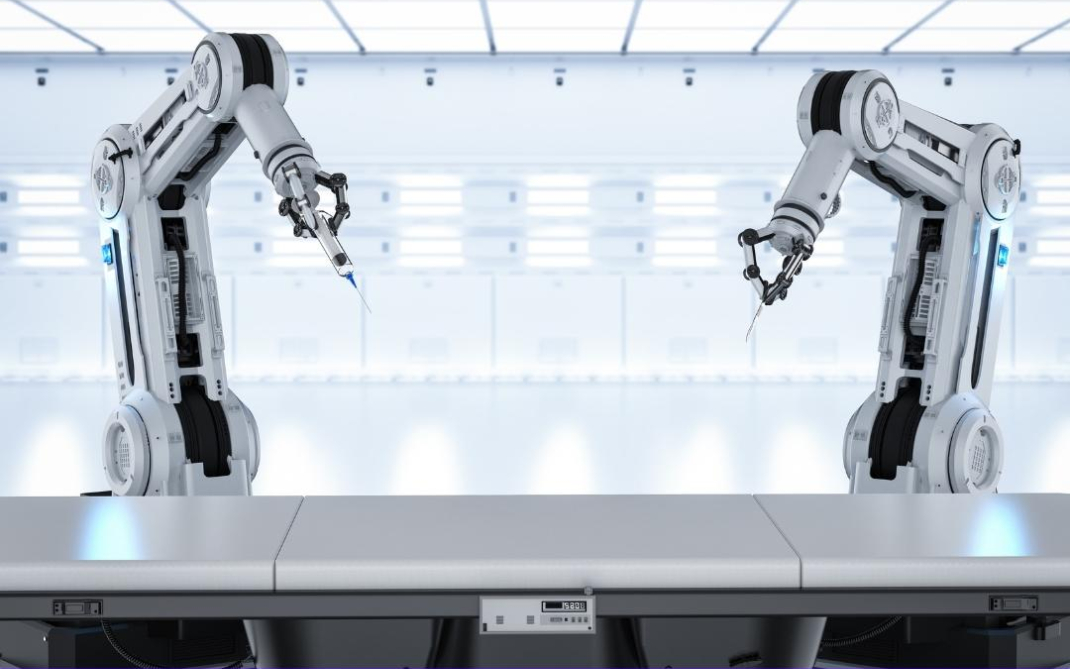What is robotics?
Robotics is a multidisciplinary branch of engineering that designs, constructs, operates, and uses robots to carry out different tasks, improving performance and reducing human error. It allows tasks to be performed more quickly and effectively, while also protecting people from potential occupational hazards. In fields such as medicine, it enables automated care for patients, with the necessary detail to improve their conditions and quality of life, as well as assisting doctors in surgical procedures. Applied to surgical procedures, it has the possibility of providing direct assistance to doctors or even performing operations autonomously. In order to be truly useful in the operating room, robots will have to be a regular part of the procedure and not pose any additional complications, with the level of detail applied to them being important in order to improve the operation processes. This makes it a very interesting option for those who want to enter the field of medicine but do not know what to study or work in.

What does this professional do?
The Expert in Surgical Intervention through Robotics is a medical professional who is specialized in performing surgical interventions on human bodies with the help of robotics. They are experts in surgical medicine, having a global vision of the intervention as well as leadership in the operating room processes. It is also necessary for them to have in-depth knowledge of surgical robots in order to master all the different existing techniques.
Why do we know that this job has a future?
Robotics allows for the streamlining of tasks commonly carried out by professionals. According to Tractica, the robotics market for medical use will reach nearly $3 billion. In the case of assistance in surgical procedures, they improve the overall performance of operations and reduce errors in decision-making, being able to react faster than a human to possible unforeseen events. The idea behind these robots is that they can offer added value to the doctor without interfering with the procedure, so personalization will play a very important role in the implementation of this type of robots. Projects like the Da Vinci Surgical System have been successful because the level of detail it provides to the doctor is superior to what their capabilities or experiences allow, with over 4,000 units installed worldwide. Another example is the MUSA robot, developed by the Dutch company Microsure. This robot has already assisted surgeons during microscopic surgeries.
Still don't know what to work or study?
Enter the only platform for career and vocational guidance that guides you towards jobs with a future and find yours.
Thousands of people have already gone through Singularity Experts to discover what to study or work in!
Welcome to your future.
